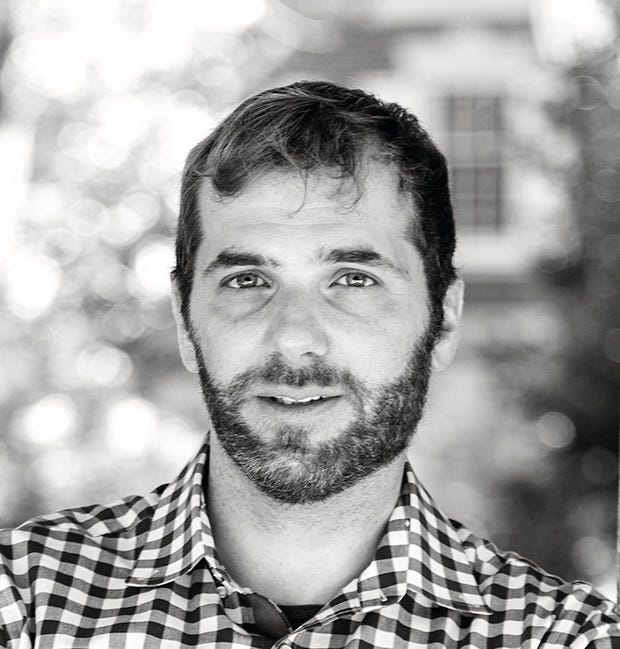Jacob Shell: academia must diversify or die
Manage episode 477651638 series 3549272
On this episode of Unsupervised Learning Razib talks to Jacob Shell. Shell is a professor of geography at Temple University and author of Transportation and Revolt: Pigeons, Mules, Canals, and the Giants of the Monsoon Forest: Living and Working with Elephants. Educated at Columbia and Syracuse universities, Shell is active on social media, where he comments extensively on the politicization of the academy.
The conversation begins with Shell’s piece in Compact Magazine, To Save Academia, Hire Conservatives. The more than 3,000-word essay argues that academia must diversify ideologically to save itself, but also engage in a wider range of scholarship. Shell points out that US academia has become an ideological monoculture, with an overwhelming dominance of left-leaning faculty, especially at elite institutions. This imbalance, driven by extreme partisan ratios in fields like anthropology, leaves universities politically vulnerable and out of step with the broader public. He challenges the common view that this trend is due to self-selection, or the “pipeline problem,” suggesting instead that informal screening mechanisms discourage or exclude conservative scholars. Shell also argues that the grant system encourages conformity and limits academic freedom. More audaciously, he argues that some academics should be singled out by their peers, whether through their institution or professional organizations,t when they engage in politically motivated misrepresentation of their scholarship. Ultimately, Shell insists that academia’s unique role in public life is to observe and understand the world, not to risk co-option as an arm of any political movement.
77 episodes




